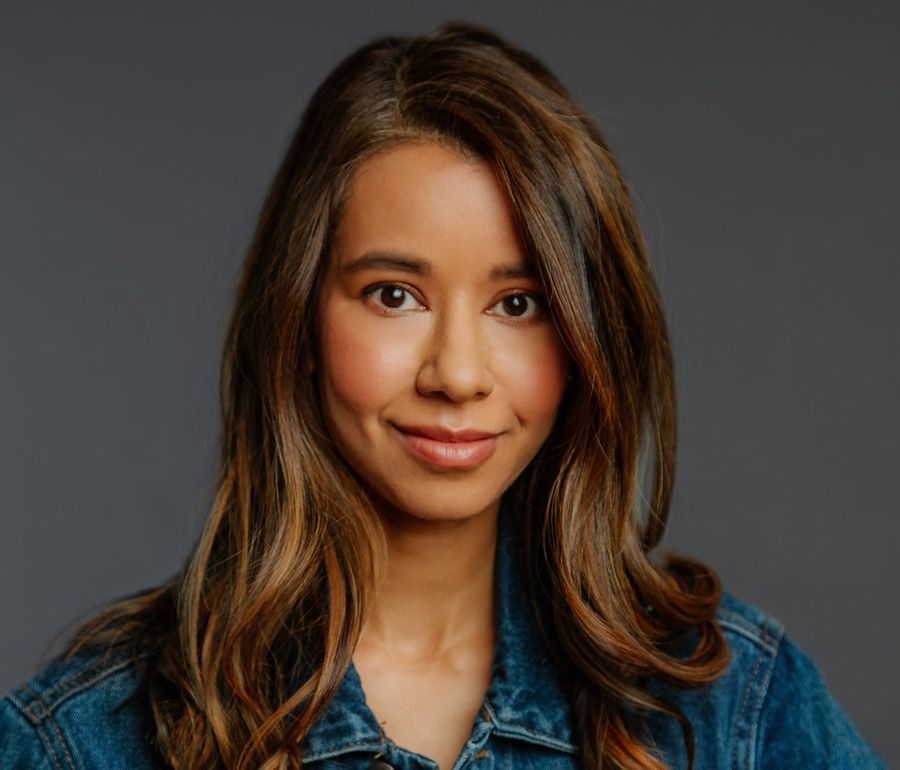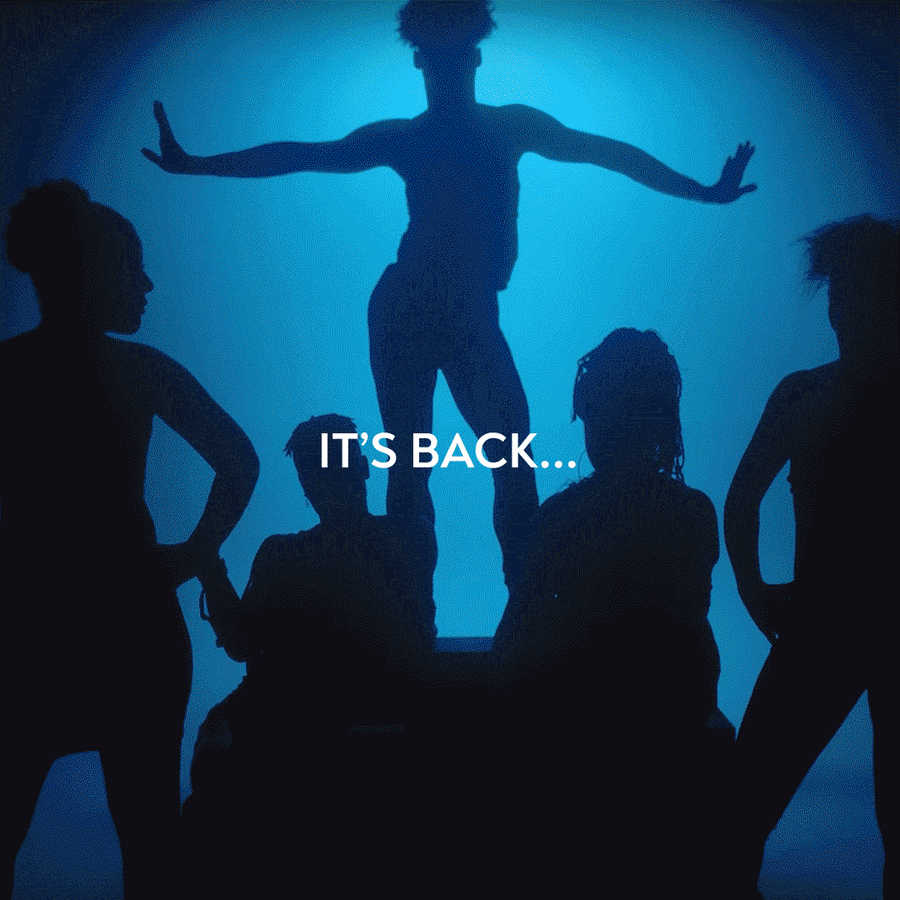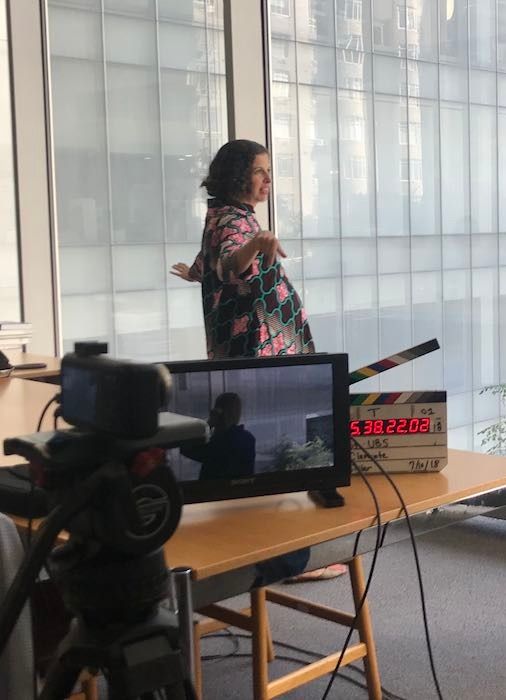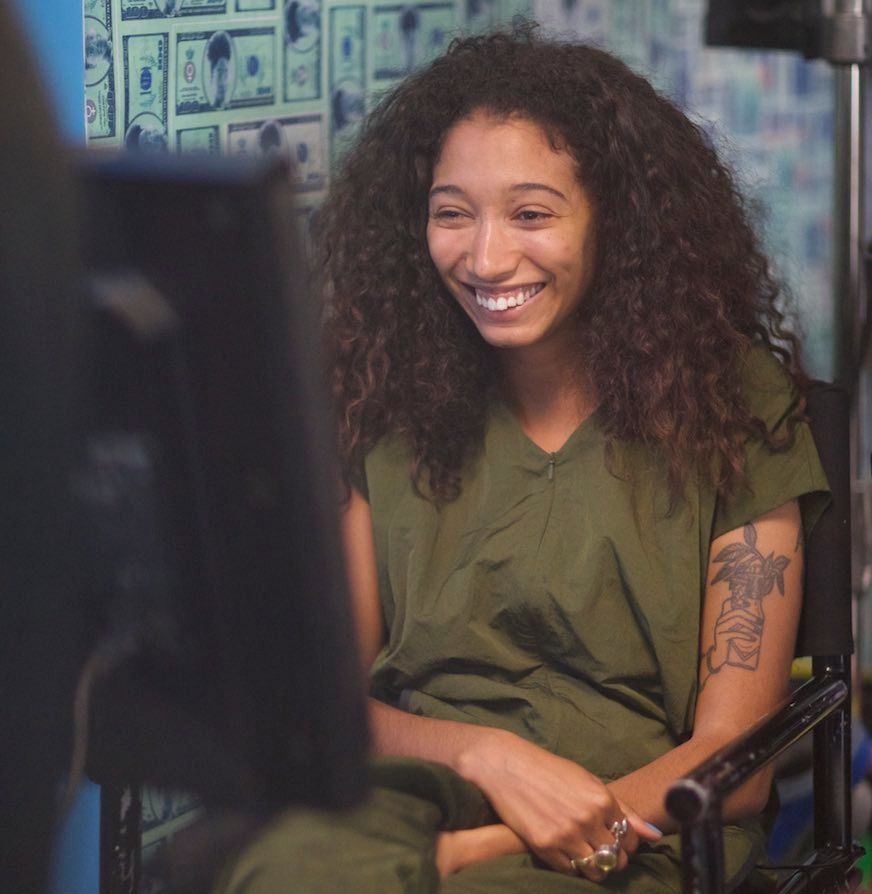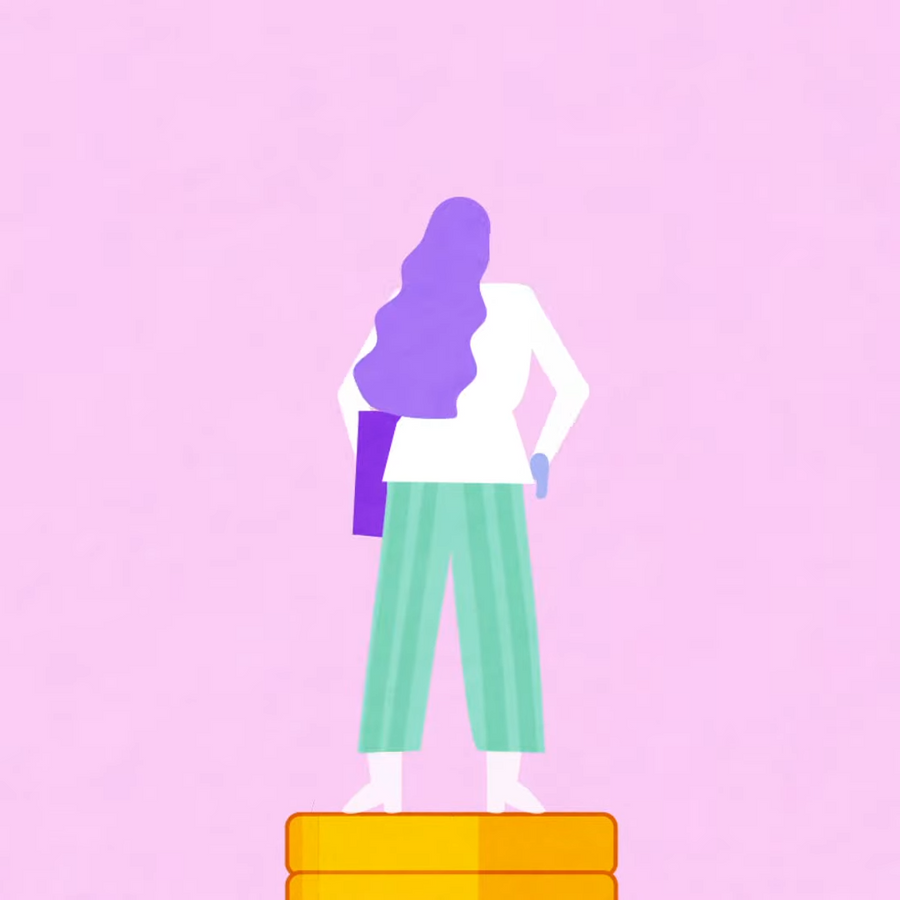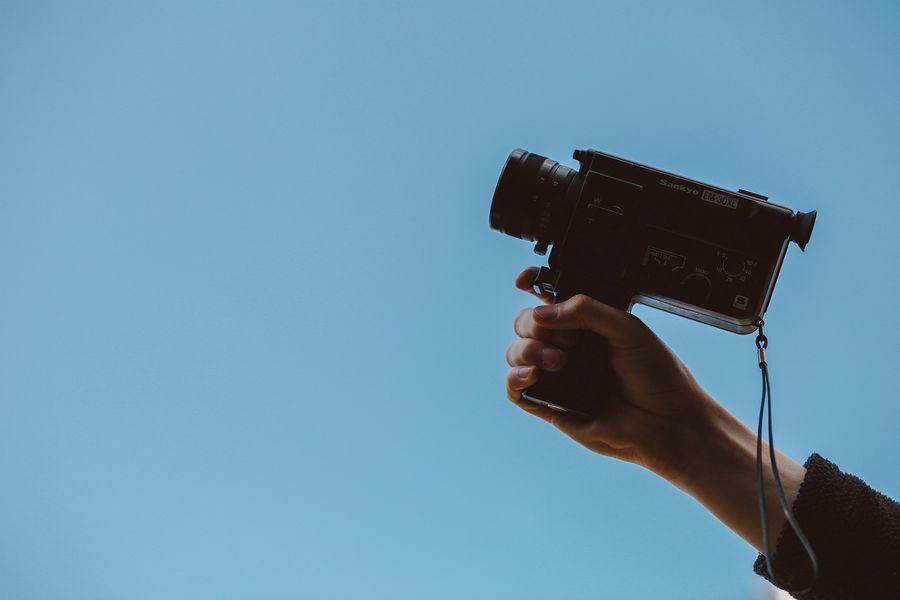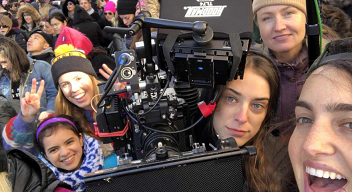All photos courtesy of Atajus
Pulling Focus is a FTW interview series that spotlights established creatives who are making brave new career pivots with recent work.
You already know Sujata Day, the performer. You've seen her on screen, whether it's streaming her on Issa Rae’s web series "The Misadventures of Awkward Black Girl" or catching her on TV in HBO's Insecure. Now, let us reintroduce you to Sujata, the filmmaker, with her directorial debut and Bentonville Film Festival premiere film, Definition Please.
Written, directed, produced by and starring Sujata, the story follows a hometown hero and Scripps Spelling Bee champ who must reconnect with her estranged brother in order to take care of their ailing mother. As they navigate a new day-to-day, the pair inevitably find healing together.
Interviewed by FTW aspiring feature filmmaker, Alaine Farin, Sujata gets candid about the courageous moves she made to get her personal passion project off the ground.
FTW: How’ve you been since the film’s premiere at Bentonville? And how've been through the pandemic?
Sujata Day: I’m good, actually. It’s weird to talk about because I feel like I’ve been really productive. I wrote a pilot and I wrote my second feature—
Already?
Yeah, it’s out to actors right now and as soon as we come out of the pandemic I want to shoot. One of my biggest goals for getting the film out there is to inspire people to not be afraid, to write your story, and to shoot it, no matter how much money you have, no matter what the budget is and just get out there and do it. I was inspired by the people who came before me, like Justin Chon. When I watched Gook at Sundance, I was like, “Justin! How did you get this movie made? It’s amazing, it’s beautiful.” And he was like, “Girl, I just did it, I just got the money together. Friends and family and we just made it work.” And that was the push that I needed to start writing Definition, Please.
Yeah it’s so important to see more of these stories. You broke out of these generic storylines of what American families look like and simultaneously challenged Asian stereotypes. It was consoling for me.
That’s good, of course! I mean, these are the kinds of stories that I want to see, so that’s why I made it. I hope there’s more. I get excited when other people get inspired by my stuff because I know how excited I get when I’m inspired.
I don’t see a lot of films that portray mental illness so head on. How did you portray it so purely and genuinely?
I’m going to give a lot of recognition to Ritesh Rajan. When I started casting it, I was just texting my Indian-American friends that I had, saying, “Will you be in my movie?” And Ritesh responded and was like, “Send me the script.” A couple days later, he said wanted to do it. The first time we casually read the script together, he went for it. He was fully emoting and it made me want to get on his level and be a better actor. He came in with having done so much research, and talked to doctors about symptoms of BPD and medication you’d take.
How was your first time feature directing, especially with yourself in it?
As I was writing the script, I knew that I was going to direct it so I constructed the characters so that my character would not be carrying the heavy emotional load because I was doing so many other jobs on this movie. Once I went into prep, I really focused on my director brain and I made storyboards and I had movie dates with my DP, Brooks Ludwick, to make sure that we both were clear on the look that I wanted. We decided on handheld to make it more real.
I had to put 100% trust into Brooks because I wasn’t going to be watching scenes while we were shooting because we weren’t going to have time for that. I was overprepared, and gave directing and my actors 110% of my attention.
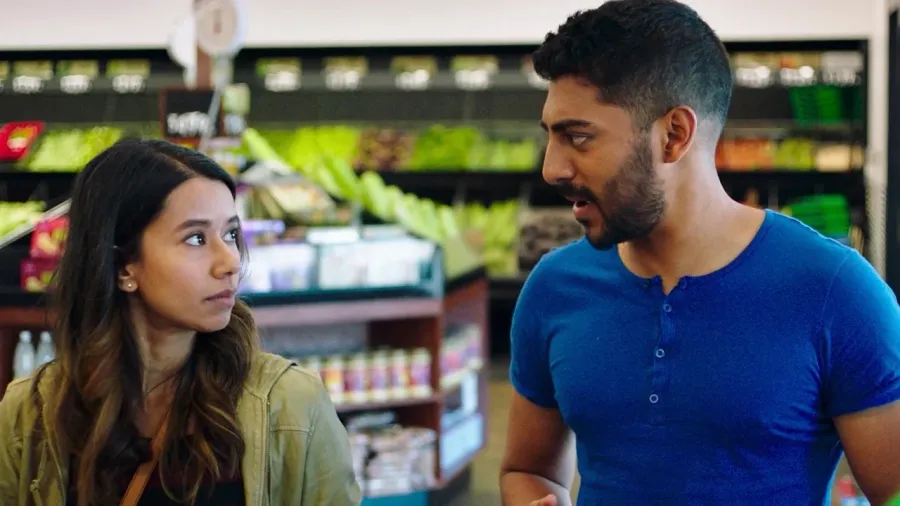
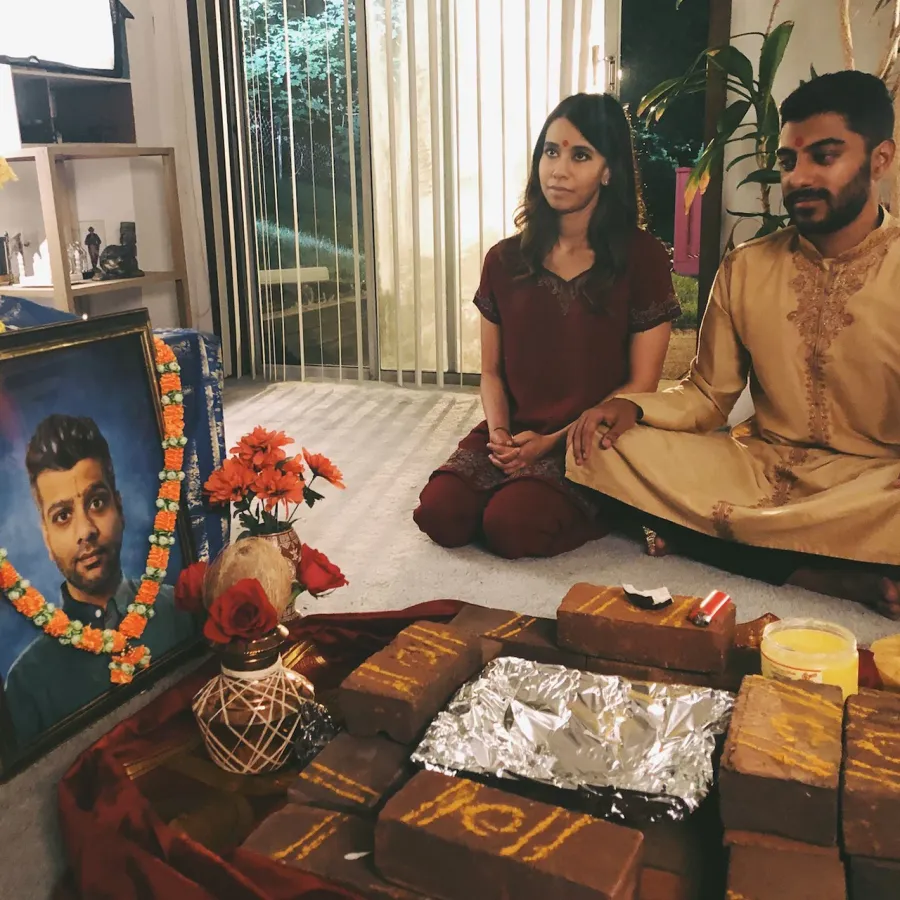

Which movies did you watch with your DP?
A big one was Monsoon Wedding because of its handheld cinematography and balance of dramedy. For more technical aspects, we watched Eighth Grade to study how sometimes the director would just keep the camera on one person for the whole scene. We also watched a lot of Wong-Kar Wai because his films are very obviously handheld, but also beautiful and easy to fall in love with. The characters in his are so real and grounded.
Did you experience any challenges writing such a personal story?
I, maybe, am overconfident in my writing. I feel like the most important thing is you’re going to get so many notes and thoughts from different people that you have to trust the story that you want to tell.
How did you get to that place?
Something that I do that I think is really helpful is that when I bang out my first draft, it is not perfect at all. My whole point of making a first draft is getting page numbers. I give myself a target page number, and then if I get stuck on a scene, I push through it, so then I know that in the second draft that that scene is something that I’m just going to have to work on and punch up. One of the most important things with writing is not censoring yourself in that first draft.
I like to give myself permission to make mistakes. Sometimes out of the imperfections comes a lot of magic.
"One of my biggest goals for getting the film out there is to inspire people to not be afraid, to write your story, and to shoot it, no matter how much money you have, no matter what the budget is. Just get out there and do it."
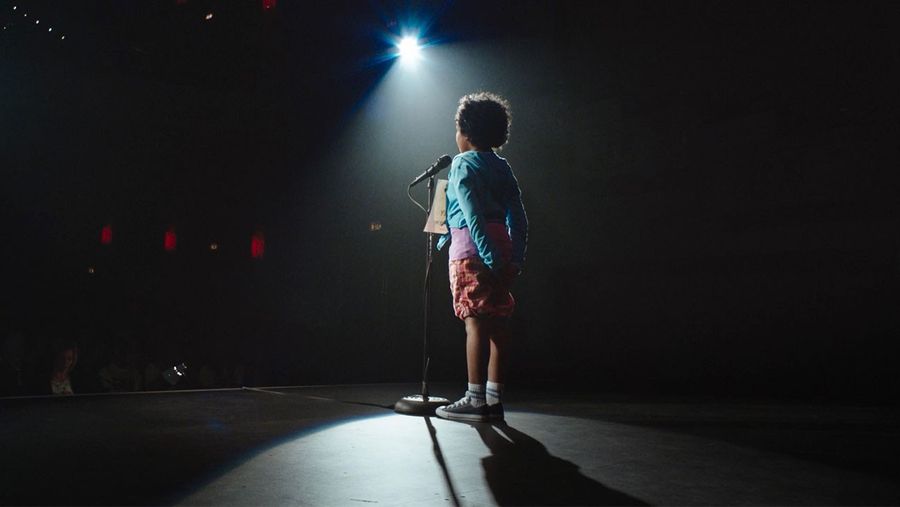
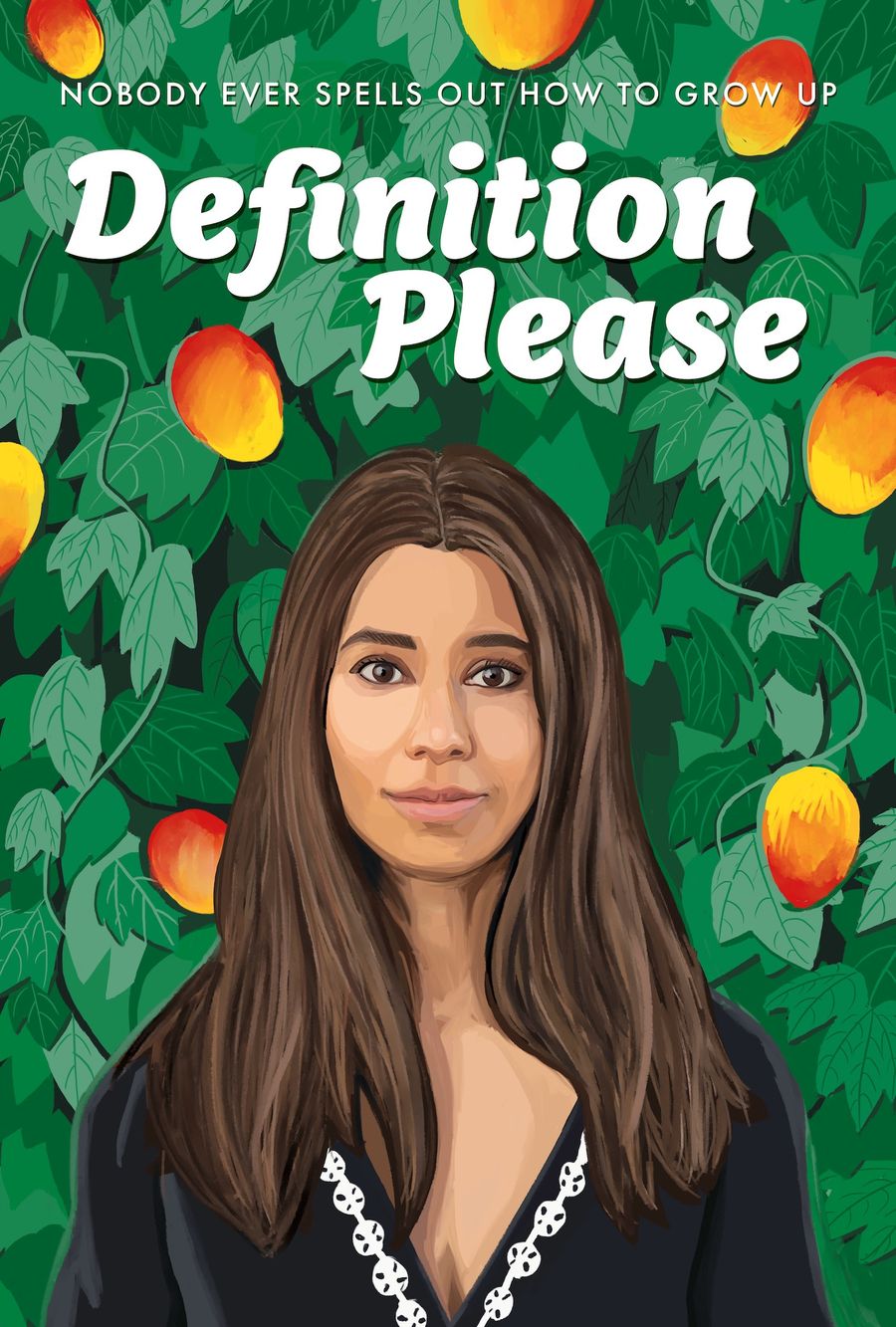
That’s amazing! For me, it’s also the pressure from my Filipino family that gets to me. I don’t know if you know the stereotypes but they’re always like, “Be a nurse!”
I totally feel you on that because in Indian culture, it’s: “You’re going to be a doctor, an engineer and there’s nothing else. Girl, I got my engineering degree! But then I moved to LA and became a writer and actor. I broke the news to my parents, but they were super supportive. When someone comes over to their house, they show them my short, “Cowboy and Indian.” I know that we’re close to our families and we want to make sure that we’re doing right by them, but we also need to do right by ourselves. Make sure we’re doing the thing that makes us happy.
Have you applied your engineering degree to your acting or writing at all?
I definitely feel like it makes me a better writer. In terms of engineering, you have this brain that is automatically geared for problem solving, so in terms of screenwriting, it’s really easy for me to find these different ways to solve a problem for a character in my writing. Also, I have in development right now a television show about three girls that work at a tech firm and that is definitely based on some of my real life experiences working as an engineer at a company right after I graduated. I’ve found my past to be a huge inspiration.
How did you fund the film?
So I had to think like 200% about finances. But I will say and this is something that a lot of other writers, filmmakers say as well, “Your TV money sometimes funds your film money.” When I was at Sundance in 2019 watching Justin Chon’s Ms. Purple and finding inspiration to write my first movie, I got an email about selling my show. It was a huge chunk of money and I was like, “Well, this is a sign.” So I invested the money in my movie. I made up investor packets, I had a lookbook, I had consulted with a lawyer, got them on board, they made investor contracts, and I had ike six different PDF packets to send investors. I’d ask anyone I was meeting with if they wanted to put money in to them movie. A lot of them are artists like us and didn’t have the means then, but they would know someone who did.
But honestly, the whole financing process was something that I never want to deal with again as an artist. There was a day on set when we were shooting for 12 hours, I had been acting and directing, and right after coming off set, I had to get on the phone with a financier to make sure that his money was being wired into my account that night. I just wanted to go to bed to prep for the next day, but I had to keep going and get on the phone with investors as I was shooting.
For your second feature, do you feel like you have more control?
I do. I feel like I have more control in terms of what I can say to these people that I’m pitching to. With a first feature done, it does feel like I’m coming from a place of empowerment and not asking for a handout.
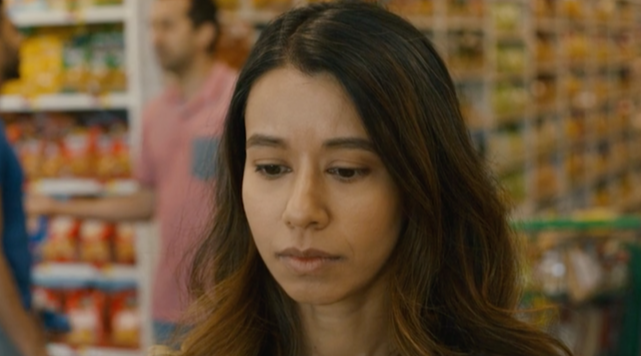


What are your plans for Definition Please?
I loved having our world premiere at Bentonville Film Festival because I actually played “Cowboy and Indian” there in 2018, so I was an alumni. And I super duper enjoy the film festival process, so right now my goal is to continue with that. At the moment, we do not have public distribution, but we are talking to some really exciting people and I would be happy to debut on any of those platforms.
"I like to give myself permission to make mistakes. Sometimes out of the imperfections comes a lot of magic."
What do you hope to see more of as the industry transforms?
I would love to see executives actually hire people of color, women of color to direct episodic television, to direct feature films. What I’m seeing is that for example, I have five friends who got into the WB directing workshop, super happy for them, but they have had films at Sundance, at TIFF— big film festivals—and they were ready to direct television five years ago. So something that I’d like to see less of is people of color having to jump through hoops like the diversity fellowships and shadowing and special workshops just for a shot. I would rather have them just be given the job because they’re ready to do the job.
Also something that I really like is to balance out classic films, like those on AFI Top 100—and I’ve been very inspired by a lot of those films—with recent films by women and people of color. So I’ll watch Midnight Cowboy but then I’ll watch Atlantics. There’s more media out there where it’s actually really easy to do that. You can find those movies on Amazon and Netflix and even Kanopy.
Any advice for first time feature filmmakers?
Trust yourself and don’t let anyone else’s opinion of you get in the way of what you want in your project on your set.
Sujata Day
With her infectious personality and unique sense of humor, Pittsburgh native Sujata Day has established herself as a performer, creator, writer, and director. She regularly performs in Upright Citizen Brigade's hit Asian AF show. Sujata is known for her starring role as CeCe in Issa Rae’s "The Misadventures of Awkward Black Girl." She's recurred for three seasons on HBO's Insecure. Sujata is a Sundance Lab fellow, Sundance Film Festival influencer, and Sundance Collab advisor. Her short film, Cowboy and Indian, sold to a major studio for series development with Sujata writing, producing and starring. She served as HBO Visionaries Ambassador in 2019. She directs This Is My Story, a series in which beloved storyteller LeVar Burton narrates real life personal experiences of everyday racism. Sujata's debut feature film, Definition Please, currently screens on the film festival circuit.
